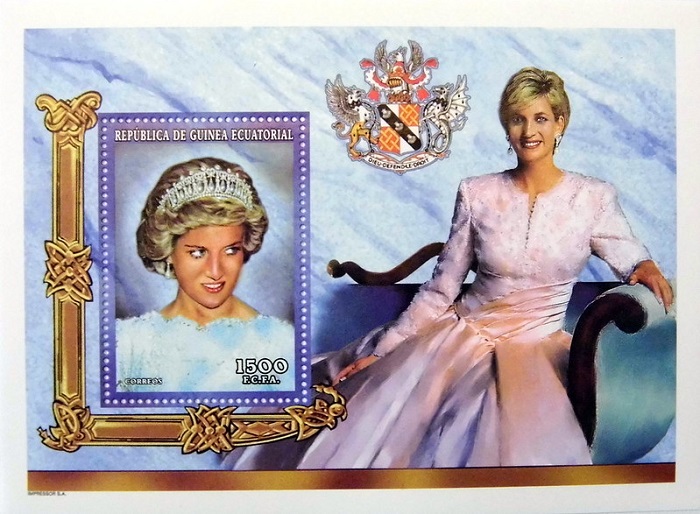
Despite being dead since 1997, Diana, Princess of Wales, is once again the focus of much attention. This time it’s not due to the anniversary of her death or the apparent breakdown in her son’s relationship. Instead, the much-anticipated film, Spencer starring Kristen Stewart is being released.
Focusing on December 1991 at the Queen’s Sandringham Estate, Spencer is an imagining of Diana’s decision to end her marriage to Prince Charles and leave the royal family. Following its world premiere, Stewart’s performance as Diana has already been heralded as Oscar-worthy. The reception of the film even achieved a three-minute standing ovation.
In her lifetime, Diana lived out many roles in the public eye. She became a princess after a fairytale-like wedding, a mother, a victim of bulimia, a target of the tabloid press, a fashion icon, a captivator of public hearts and ultimately a divorcee who died at the age of 36 under tragic circumstances.
Diana has also been venerated as an internationally recognised symbol for love, compassion and charity and an advocate for the disadvantaged and stigmatised. Diana understood the power of holding a role in the public eye and used this to change attitudes and address societal issues.
As a high-profile public figure, Diana displayed a rare vulnerability and humanity that differed from the royal family she had married into. Subsequently, she achieved a beloved status that has extended beyond death.
Indeed, Diana is no longer limited to photographs and interviews in her lifetime. She is resurrected in Netflix’s The Crown and now in her own feature film, Spencer. Diana is experiencing a successful posthumous career – with her image and life labouring after her death – without her consent. And in this way, Diana is being introduced as a consumable popular culture hero to the generation born after her demise.

International gossiping
Diana was the focus of much gossip in her lifetime. Even after her death, the tabloid gossip and fascination with the princess did not really wain. This fascination has again been reignited on a mass global scale at the prospect of the release of Spencer.
Research shows that gossip or frivolous talk can help to create and maintain social bonds as it allows us to form groups. It can also allow people to develop new ways of thinking about themselves and others.
However, objects of gossip, such as Diana, do not experience a strengthening of bonds with others. Instead, they become alienated or a target and victimised by talk conducted about them. In this way, popular culture portrayals of Diana allow for a new wave of gossip to be unleashed as the public watch, consume and contemplate.
Through gossip on a mass international level, Diana becomes evermore objectified and abstract. She is an “other”, a symbol to be used and talked about. Her personal life is aired for all to see. And now her private thoughts and feelings have received the Hollywood touch – she is fictionalised and speculated about as a reimagined consumable movie character.
Fixated on a symbol
Princess Diana as a popular culture hero and source of gossip has value in shedding light on societal appetites in the 21st century. She reveals how much has changed and also how little has changed in how social bonds are formed through gossip. Talking about the rich and famous still binds people together, but it has now expanded into the international realm of social media.
Diana is forever frozen in time as a beautiful divorcee and mother of a future king. She manages to attract public interest and is a springboard for debates about societal challenges. Whether the challenge is press freedom, the role of the royal family, or public grieving. Diana is a catalyst for public debate.
Diana reveals that society is still fixated on symbols that can be at once venerated and vulnerable. She highlights societal divisions while also bringing about unity and togetherness. And Diana’s reinvention in Spencer cultivates a space for the international community to gossip once again about the “people’s princess” whose fairy tale turned sour.![]()
Ruth Penfold-Mounce, University of York
Ruth Penfold-Mounce, Senior Lecturer, Criminology, University of York
This article is republished from The Conversation under a Creative Commons license. Read the original article.
